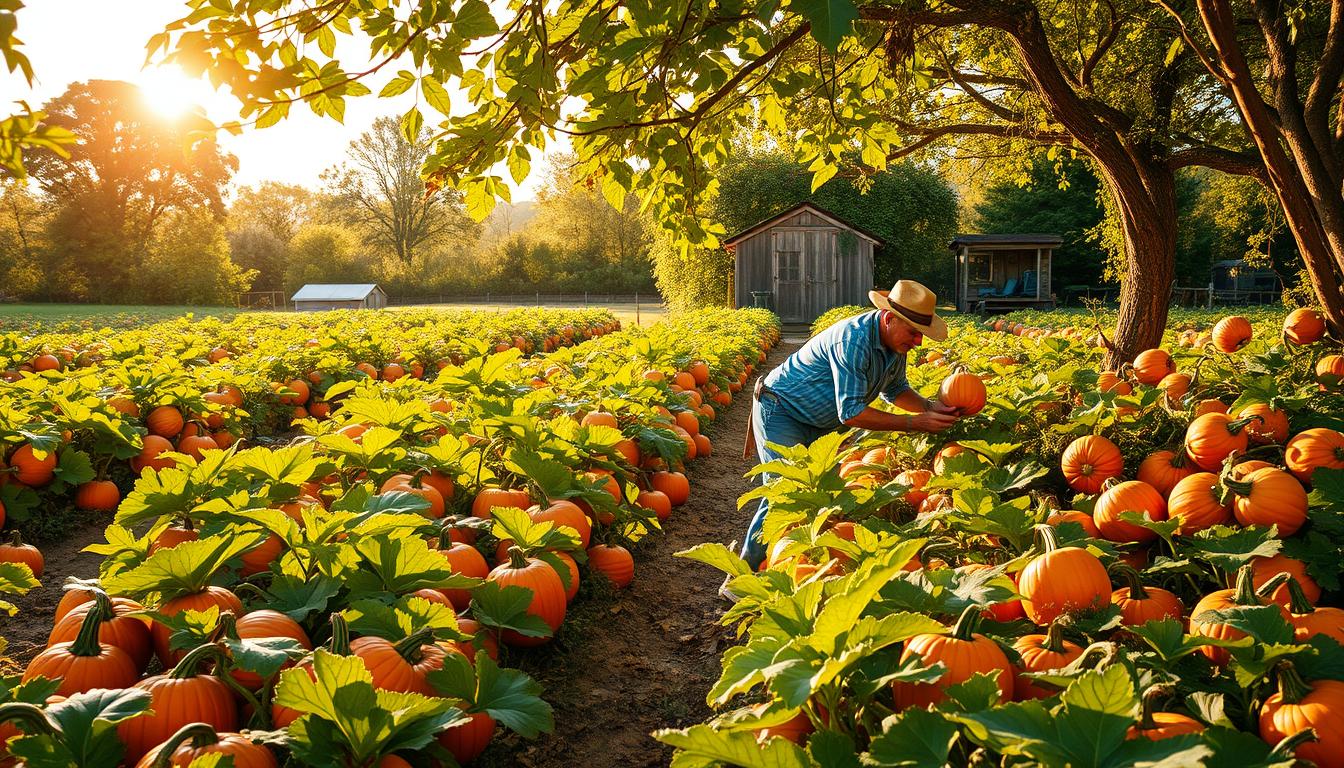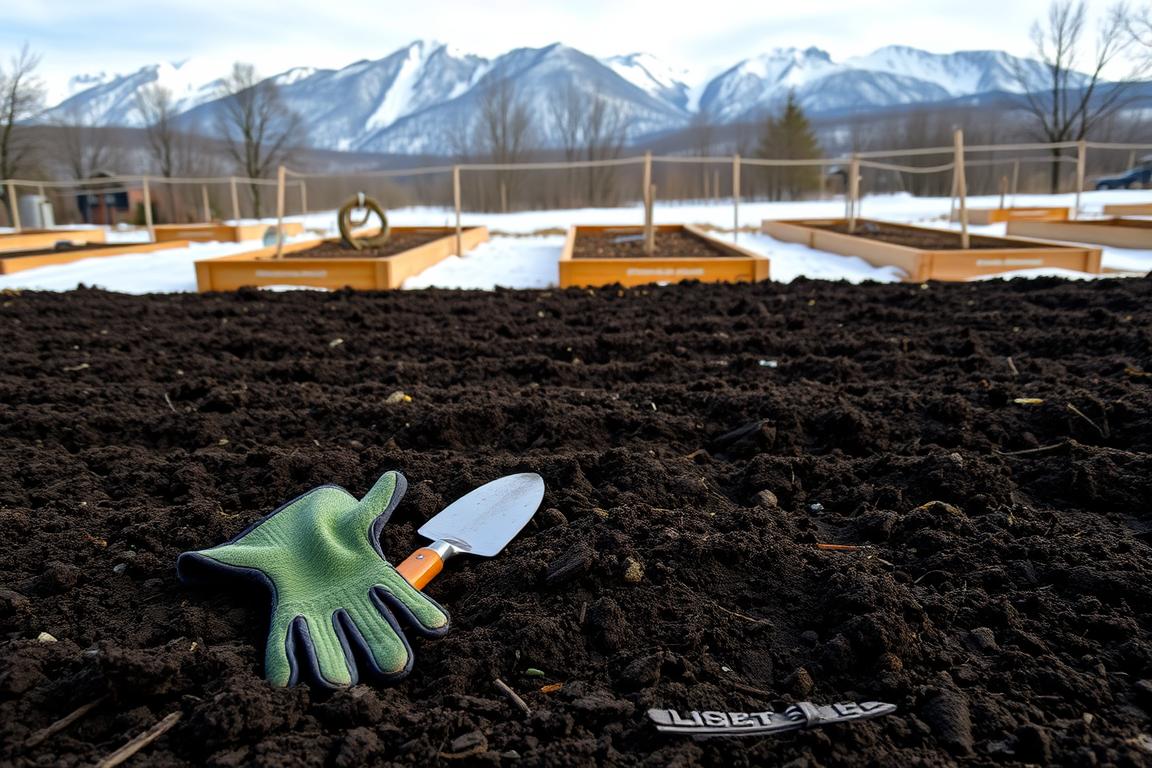Do you dream of owning a sunflower farm? This guide will show you how step by step. It’s for all levels, whether you’re just starting or already growing. We’ll help you choose the right spot, get the soil ready, pick the best sunflower types, and manage your crop. By the end, you’ll know everything about starting and keeping a successful sunflower farm.
Sunflower Farm: An Introduction to Vibrant Cultivation
Sunflowers are fascinating to farmers and nature lovers. They are loved for their beautiful flowers and many uses. Sunflower farming is becoming more popular. Let’s explore why growing them is so appealing and beneficial for farming.
Why Grow Sunflowers?
Sunflowers bring a lot of benefits. They look beautiful and have many uses. For example, their seeds, oil, and stalks are used in many industries. Sunflowers are also tough, growing well in different climates and soils. This makes them a good choice for farming.
They are great for the environment too. They help the soil become better and reduce erosion. Also, sunflowers attract important pollinators like bees and butterflies. This improves the diversity of a sunflower field.
Choosing the Right Sunflower Varieties
There are many types of sunflowers to choose from. Picking the right ones is important. You have to think about the weather, soil, and how you’ll use the flowers.
If your area has a short growing season, you need early-maturing sunflowers. They will bloom and produce seeds quickly. In warmer places, choose sunflowers that can handle the heat.
Thinking about what each sunflower type needs will help you choose well. This choice is key to the success and profit of your farm.
Planning Your Sunflower Farm
Starting a sunflower farm needs careful planning. You have to think through every detail. This helps make your venture successful.
Site Selection and Soil Preparation
Finding the right place for your sunflowers is key. Think about the weather, the soil, and how to get water and move them. Sunflowers like soil that drains well and is full of nutrients. So, prepare the soil by adding things to it, making sure it’s the right pH, and drains properly.
Budgeting and Business Planning
Starting a sunflower farm means you need a strong money plan. We’ll show you how to make a business plan. This plan will cover all costs, how to make money, and keep your farm going. Good budgeting helps you get the money you need and makes sure your farm will last.
Obtaining Necessary Permits and Licenses
Dealing with rules is important for your sunflower farm. Depending on where you are and how big your farm is, you’ll need some legal stuff. We’ll make sure you know what you need and keep your farm legal.
Planning your sunflower farm well is the best way to handle problems and make the most of your farm.
FAQ
What are the key factors to consider when choosing a site for a sunflower farm?
Choosing the right site for your sunflower farm is key. Look for good soil, easy access to water, plenty of sunlight, and the right climate. You want soil that drains well and is full of nutrients. Make sure you have a water source that won’t run out. Sunflowers need a lot of sunlight too.
How do I prepare the soil for sunflower cultivation?
Start by testing your soil to see what it needs. You’ll find out about its nutrients and pH. Add things like compost or manure to make the soil more fertile and improve how fast the water drains.
You might also need to check the pH and adjust it. Sunflowers do best when the soil pH is between 6.0 and 7.5.
What are the key considerations when developing a business plan for a sunflower farm?
Having a good business plan is crucial for your sunflower farm. Include your goals, how you’ll analyze the market, money forecasts, how you’ll sell, and how you’ll operate. It’s also vital to see what laws and permits you need for sunflower farming.
How do I select the best sunflower varieties for my farm?
Think about the weather, how you’ll use the flowers (like for oil or as seeds), and what you want them to look like. Research different kinds of sunflowers to see which work best where you are. You want varieties that suit your local conditions and meet your goals.
What are the common pests and diseases that can affect a sunflower farm, and how can I manage them?
Pests and diseases can harm sunflowers, including aphids, head rot, and mildews. To fight them off, use smart pest control methods. This can include changing which crops grow where, picking sturdy plant types, and using natural ways to control pests.
Watch your plants closely and act quickly to keep pests and diseases from spreading.
How can I market and sell my sunflower products?
Sell your sunflower products in many ways, like to big buyers, directly to people, or online. Also, think about making different types of products from your sunflowers. This can bring in more money.
Good marketing, a strong brand, and focusing on what customers want are important for your farm to succeed.






